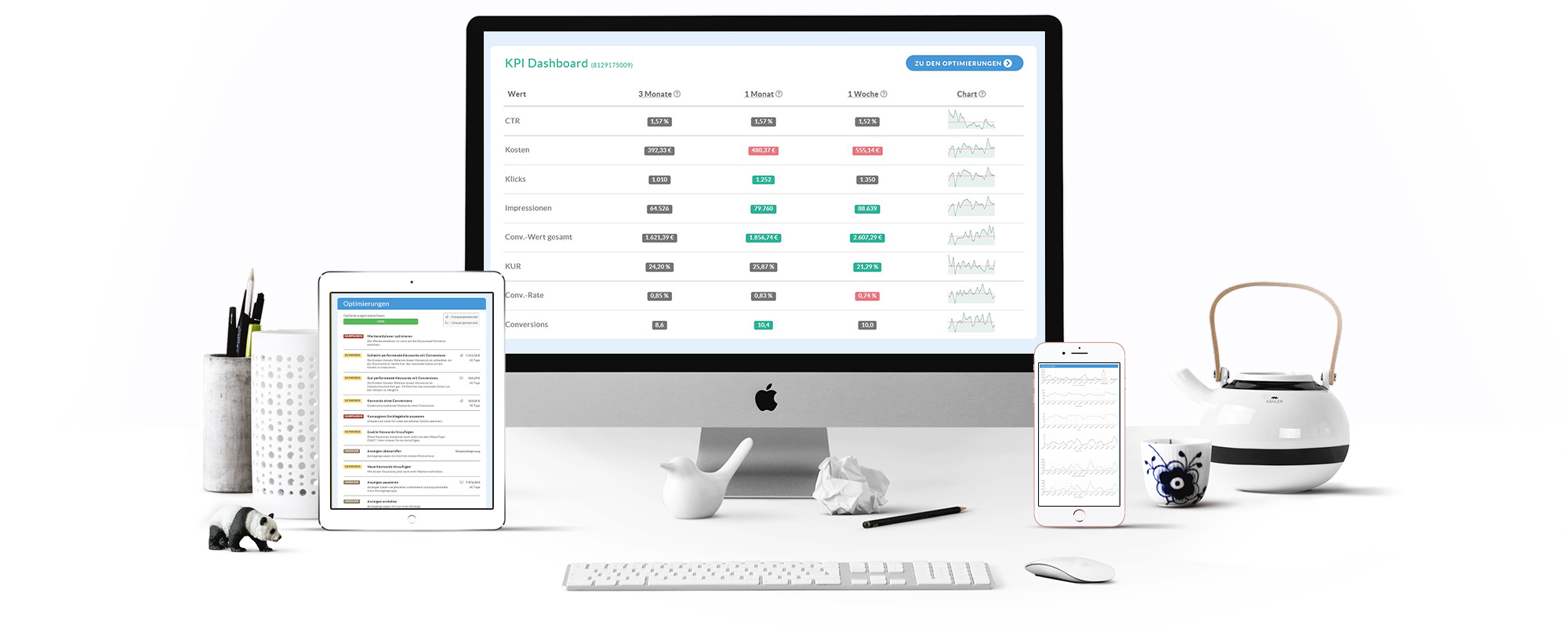Introduction
Search Engine marketing is of three types – PPC, local SEO, and Organic. All these types differ in how they boost the ranking, and ultimately, the site’s visibility. A business may need a tailor-made approach comprising all these three or a few, depending upon its scale of operation and reach.
Background
Every business, whether small or big, into manufacturing or services, requires establishing an online presence these days. They need to be on the radar of the consumers. Complying to the fact that every search begins online these days and at a search engine, the businesses appoint the best marketing experts to occupy the first page of search results. Though one has to be completely relevant and organic in its approach to stay at the top of the results, the role of marketing cannot be overlooked.
Yes, it is a fact! The websites employ some marketing techniques to boost their rankings in the search engines. SEO experts offer optimization tips and techniques to make the website more readable and easily locatable by search engines. Their ultimate aim is to increase the visibility of the website or content on the search engine. Quite similar to SEO experts, online marketers perform certain marketing activities classified as search engine marketing.
In this post, we will walk you through:
- What is search engine marketing?
- Types of Search Engine Marketing
So, here we start!
- What is Search Engine Marketing?
Search Engine Marketing is a set of activities that marketers perform to boost their rankings on the search engine’s result pages. It includes keyword research, local SEO, and other activities that help businesses achieve targets besides increasing visibility, such as:
- Get more traffic for the websites
- Increase the number of subscribers, followers
- Boost business’s profits by increasing sale
- Build awareness about the brand
A perfect search engine marketing plan is one that does not stop at achieving the traffic only. It goes beyond that threshold and offers solutions that can help achieve more conversions from the visitors. A loyal customer base is the most meaningful outcome for which the search engine marketers work.
- Types of Search Engine Marketing
Search Engine Marketing is divided into three main types – PPC or pay-per-click, Local SEO, and Organic SEO. Let’s understand all these three parameters: trigger, display, delivery time, and main influencing factors.
- PPC or Pay-per-click
It is a form of online advertising. Depending upon the keywords’ search score, a buying amount is decided for those. The advertisers choose the keywords that are most likely to fetch them the traffic and pay for it. When input by the user, these keywords or trigger phrases display the advertisers’ ads at the top of SERP or Search Engine Result Page. The marketer pays Google Ads the agreed-upon fee when the visitor clicks on those ads.

PPC users’ ads are displayed as sponsored or ads. The PPC trigger is a predefined search query, and the ads for this are configured based on the search query popularity and dollar spend.
The PPC campaigns put the businesses paying for the keyword on priority, which is at the top as ads. However, a commoner searching for something tends to ignore sponsored ads about 80% of the time. Secondly, if only money spent decides the position, the quality of results may not meet the user’s expectation, doing more harm than good to the website’s popularity.
- Local SEO
Local SEO is the search engine marketing type that places the business in the Google map results. Thus, the information and the location of the business are communicated in one go to the prospective customer.
In a SERP, the Local SEO results occupy the middle space mostly. However, these results are accompanied by the address, location on the map, and other business details like work timings and contact points. Thus, this listing’s overall impact is more prominent as it adds to the credibility in addition to its visibility.
This listing appears on the search engine when a local business determiner is added to the search phrase. For example, ‘gas station near me,’ ‘restaurant,’ ‘physiotherapy center’ are some of the search phrases that mostly bring the searcher to a local business. Google determines the location from where the search is made and then displays the local SEO results.
This advertising starts showing its impact in 1-8 months. This marketing campaign’s results show a more significant impact when the business has prepared Google my Business listing most wholly and correctly and got it verified too. The marketer should include the business in the relevant category.
So, the appeal of this search engine marketing is more, and it serves the purpose well when the customers search the business on mobile phones. It builds trust among the customers. However, the local SEO’s search query has to be exact, PPC management software and it is useful only when the businesses want to display their address.
- Organic SEO
Organic SEO means the search engine optimization process that fetches the requisite website visibility on the SERP, but without paying and non-local results. The business is thriving solely on the quality of content and its knowledge of working of Search Engines.
Organic SEO appears as blue links in the middle of the search engine result page. These results are mostly displayed between the paid spaces and Local SEO. The users can identify these as they are not highlighted in any manner. If made place in the SERP first page through organic efforts, the website is likely to get more audience than a paid ad.
This strategy shows results in 4-6 months. The marketers need to work upon the site architecture, content quality, backlinks, competitor research. So, ultimately, the content’s relevance and knowledge of Search engine working will help marketers create profits for the businesses using this technique.
Conclusion
Search engine marketing means different things for different kinds of businesses. Those businesses with a big budget can go for PPC campaigns. In contrast, others entirely dependent on the knowledge and promise of service quality can meet their objectives using organic SEO. Local SEO is meant for the businesses that need to attract local audiences and show they are a click away.

